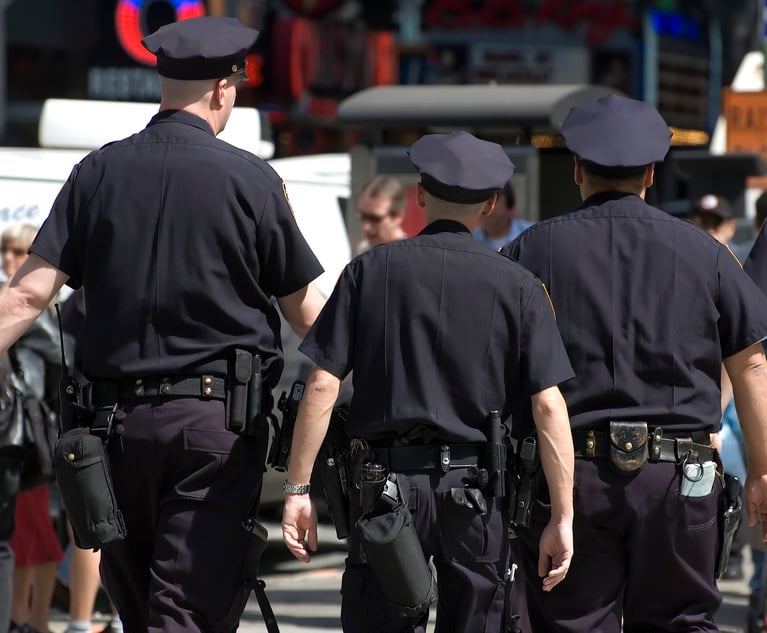This column reports on several significant, representative decisions handed down recently in the U.S. District Court for the Eastern District of New York. Judge Arthur D. Spatt found that defendant’s rap videos and lyrics would be admissible in an upcoming trial for drug offenses and use of a firearm in furtherance of those offenses, unless defendant could raise a meritorious objection to any particular pieces of evidence. Judge Spatt also found no constitutional violation in a public school’s banning a student from a show for failure to follow school policy during the performance of a satirical skit. And Judge Jack B. Weinstein questioned two Second Circuit precedents in a §1983 case.
Admissibility of Rap Lyrics and Videos in Criminal Trial
In United States v. Carpenter, 18 CR 362 (EDNY, Feb. 25, 2019), Judge Spatt granted the government’s in limine motion to admit rap lyrics and videos in a criminal trial, subject to procedures requiring the government to submit its proposed excerpts in advance, to give defendant a chance both to raise objections as to unfair prejudice and to submit limiting instructions.


 Harvey M. Stone and Richard H. Dolan
Harvey M. Stone and Richard H. Dolan




